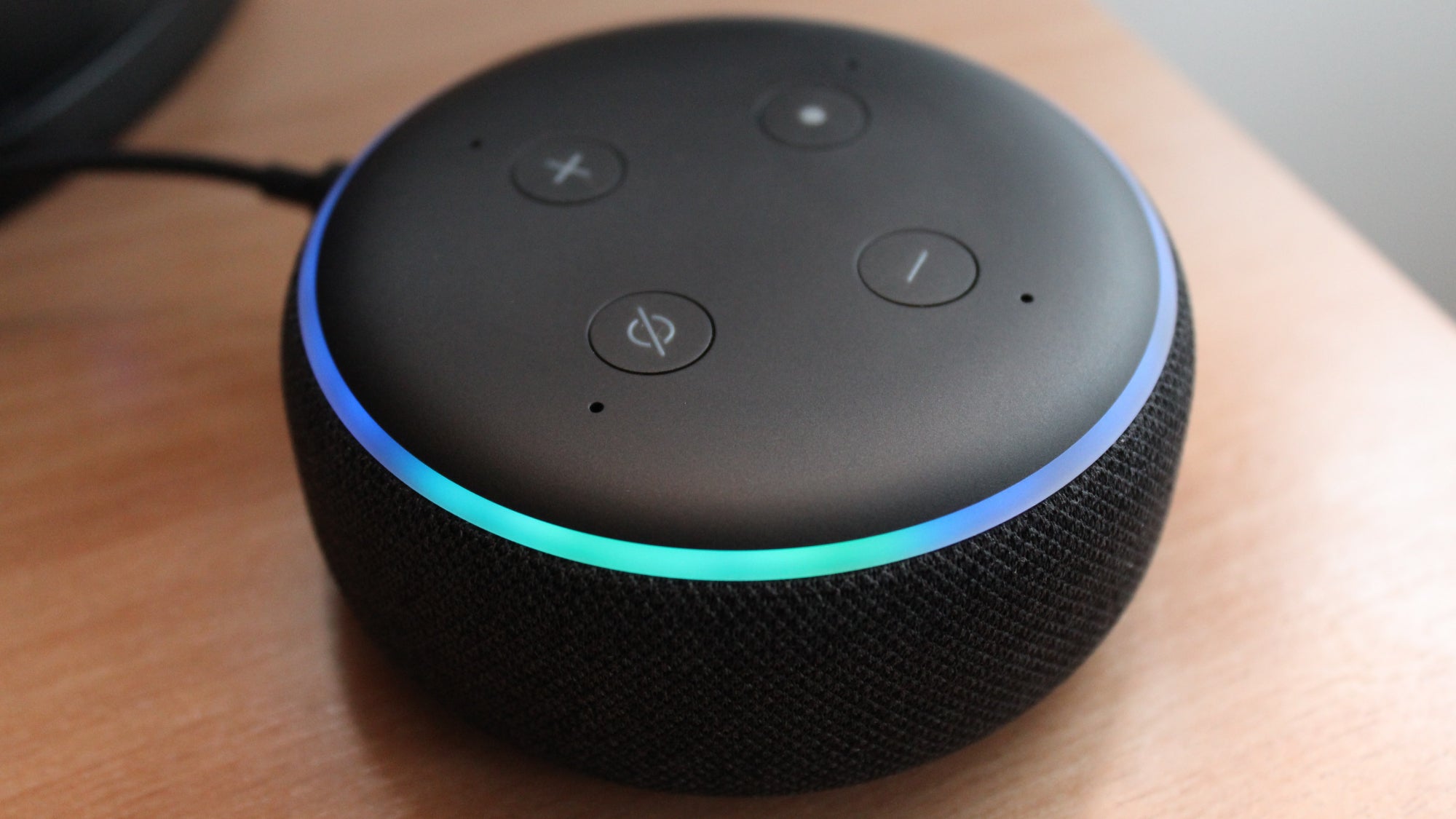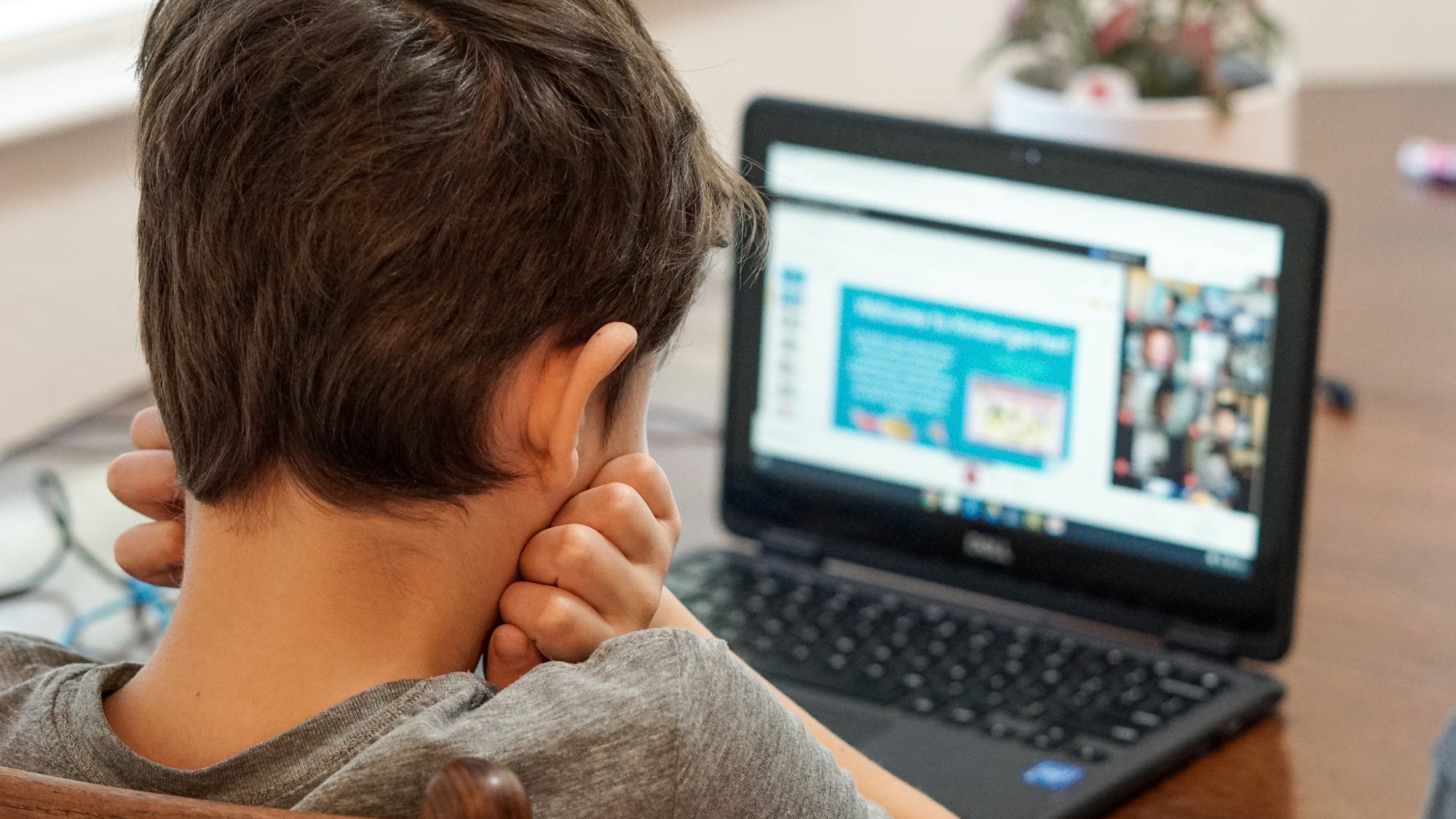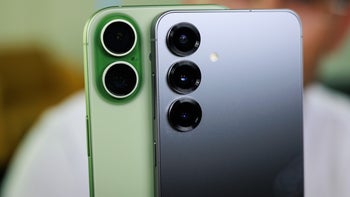Kids and the potentially lethal Penny challenge: Putting Alexa, Siri, and Google Assistant on the spot
This article may contain personal views and opinion from the author.

“Alexa, tell me a challenge to do...”
This is the request a 10-year-old kid had for Amazon's voice assistant before getting a suggestion to "plug in a phone charger about halfway into a wall outlet, then touch a penny to the exposed prongs". The mother and daughter were after a physical education challenge, which the kid had been doing together with a YouTube teacher earlier. The story was first shared on Twitter, and it’s now making rounds around global media outlets (no pun intended).
- Was it Alexa's fault?
- Is Alexa an upset, attention-seeking robot?
- Can the internet be a dangerous place if you're a 10-year-old?
Oh, and I also asked Siri and Google Assistant to weigh in on the topic. Let's see how it went...
Alexa tells 10-year-old girl to touch live plug with penny: Can we blame the "evil" voice assistant?

The answer to the first question is more nuanced than you'd probably expect. Alexa, just like other voice assistants (Siri, Google Assistant) is powered by the internet.
While simple tasks such as setting a timer or an alarm shouldn't be a challenge, the rest of Alexa's smart features will require an internet connection - that's what makes the otherwise standard Bluetooth speaker "smart".
In the case of the "penny challenge", Alexa decided to get her answer from Our Community Now, a news website, which you should clearly avoid. Upon a quick inspection, it becomes clear that there isn't a proper way to contact the people who run the website. The "Meet The Team" link on the bottom of the home page leads to a generic paragraph with no team at all, and most of the stories on the website seem to be mirrored, meaning they've been copy-pasted from the original source.
Ironically, when trying to search for "phone charger", hoping to find the story containing the penny challenge, I stumbled upon a PhoneArena piece where the title, thumbnail, and first paragraph of Mariyan's story were all copy-pasted. So, clearly, Alexa simply found itself in the wrong company (or should I say community), which fed Amazon's speaker with an out-of-context quote, likely coming from a perfectly different source, to begin with.
To double-check on the theory from above, I conducted a rather non-scientific experiment (in my bedroom while still in my pajamas).
To the question "how to tie a tie", Google Assistant's answer came from a source that's otherwise not even on the first page of my written Google search for the same question. However, when I asked "how to separate egg whites", Assistant picked a paragraph from the second most popular source.
Amazon’s response and asking Alexa and Google Assistant if I should do the Penny challenge

Alexa works in a similar fashion. However, there's a little twist, which leads me to Amazon's response to the whole phone-charger-power-outlet story. An Amazon spokesman told Business Insider:
"Customer trust is at the center of everything we do and Alexa is designed to provide accurate, relevant, and helpful information to customers… As soon as we became aware of this error, we quickly fixed it, and are taking steps to help prevent something similar from happening again."
According to Amazon, amongst other things, Alexa is trying to be helpful, and the penny challenge thing was an error, which by definition means "lack of knowledge or skill". Amazon promises that the error was fixed without explaining how. However, the guy in the pajamas wasn't going to stop there. I conducted another complicated analysis. OK, I simply asked Alexa to tell me about the penny challenge, and the first few responses were: "I don't know that one". Sneeeaky!

I remained committed, and Alexa finally broke! She told me everything. Well, as you can see, according to Alexa, or rather "according to an Alexa Answers contributor", "the penny challenge now is a money-saving challenge. No trace of the suggestion to stick a penny into a power outlet.
So, what happened? Well, it turns out that there's a way for anyone to teach Alexa things she doesn't have the answer to. It's called "Alexa Answers," where the answers to otherwise unknown questions are crowdsourced. There you can see that hours after the whole story broke, a user under the name SU told Alexa how to answer the question "What is the penny challenge". The answer - the same as in the video.
“This money-saving challenge helps you put aside $667.95 in a year - or $671.61 in a leap year. Start by saving one penny on the first day. Each day that follows, add one cent to the amount you saved the day before. Example, on day two, you'd add $0.02 to your savings. On day three, you'd add $0.03.”
No one wants to talk to Alexa anymore?

According to internal data obtained by Bloomberg, "there have been years when 15-20% of new Alexa users were no longer active in their second week with the device", meaning many users lose interest in the internet-powered robot. Amazon denied the claims. Bloomberg says Jeff Bezos and company are shelling out millions of dollars and expertise to make Alexa hot again - over $4.2 billion in investments for 2021 and more than 10,000 employees that "work on Alexa".
Is the internet a dangerous place for kids and teenagers?

Unfortunately, the answer to this question is yes. The internet is wonderful when utilized for the right reasons, but the "penny challenge" is a drop in the ocean of things we need to overcome.
We've seen everything from challenges that encourage teenagers to duct tape someone to a wall, to driving blindfolded (Bird Box challenge), and even licking random objects for the Coronavirus challenge from 2020.
Just like Alexa, Google Assistant, or Siri can pull answers from any corner of the internet, social media platforms like TikTok or Facebook can also show teenagers content that's "appealing" to them as a demographic. A big challenge for companies like Amazon, Google, Apple, and Facebook is to filter out potentially harmful content.
However, the idea of censorship is often in direct conflict with "the aggregator". In other words, the search engine algorithm (and by the search engine, we mainly mean Google) is designed to be attracted to "clickable" content - stories that generate interest. So are Facebook and other social media platforms.
The weird appeal of negativity and scandal on the internet is a broader topic. The answer to the problem with the bizarre challenges would be to start filtering out information that encourages potentially harmful behavior. This could either be enforced internally - by the outlets or externally - for example, by parents. Perhaps accomplishing both is the best idea.
Of course, education remains the single best tool for tackling the perils of the internet. You'd think knowing not to lick things unless they are ice cream or not sticking metal into a power outlet is common sense.
As far as the Alexa penny challenge story is concerned, Kristin Livdahl, the kid's mother, later wrote on Twitter that the little girl knew "not to do it" and said she'd never do something like that. Moreover, the girl was supervised by her mother during the interaction with Alexa.
To end on a positive note, let's hope more parents make sure their kids can tell right from wrong and a cringy dance challenge from a dangerous experiment. Meanwhile, the media should continue holding big tech corporations accountable for such mistakes… I mean errors.
The weird appeal of negativity and scandal on the internet is a broader topic. The answer to the problem with the bizarre challenges would be to start filtering out information that encourages potentially harmful behavior. This could either be enforced internally - by the outlets or externally - for example, by parents. Perhaps accomplishing both is the best idea.
Of course, education remains the single best tool for tackling the perils of the internet. You'd think knowing not to lick things unless they are ice cream or not sticking metal into a power outlet is common sense.
To end on a positive note, let's hope more parents make sure their kids can tell right from wrong and a cringy dance challenge from a dangerous experiment. Meanwhile, the media should continue holding big tech corporations accountable for such mistakes… I mean errors.
Follow us on Google News













Things that are NOT allowed:
To help keep our community safe and free from spam, we apply temporary limits to newly created accounts: